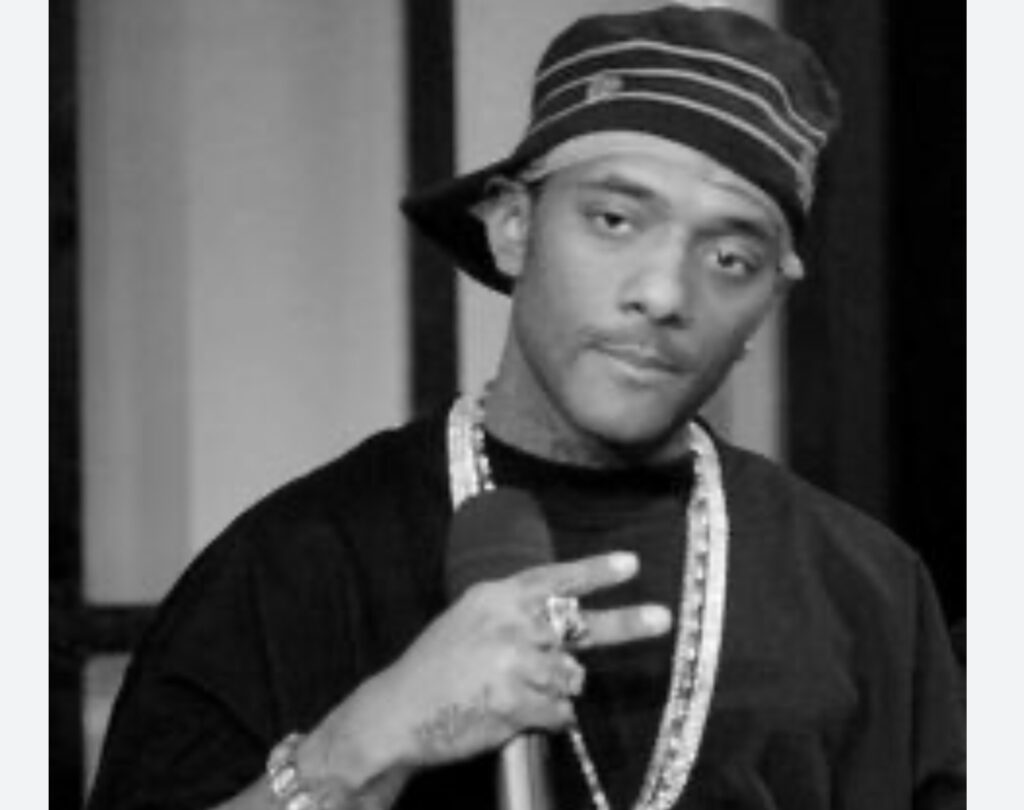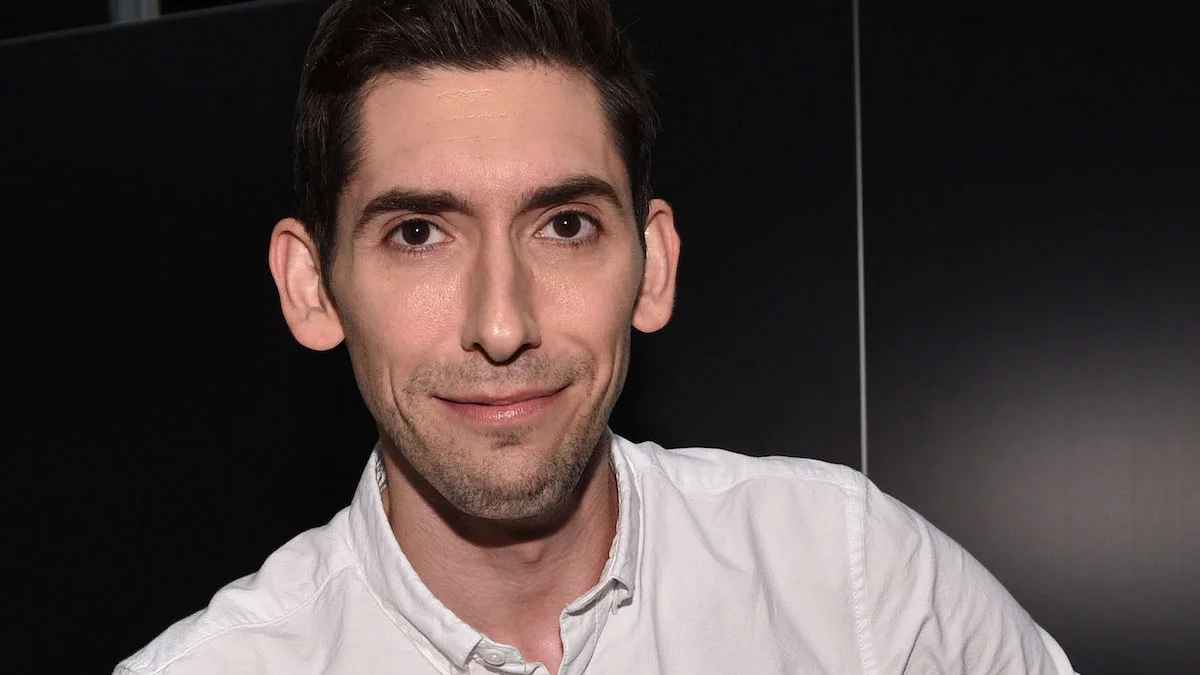A voice carved out of Queensbridge, built on pain, paranoia, and poetry. Prodigy didn’t just rap—he reported.
There’s rap, and then there’s reality. Few emcees ever blurred the line like Prodigy. One half of Mobb Deep, alongside the cold, calculating Havoc, Prodigy was never the loudest, flashiest, or most media-hungry. But if you grew up on bars that felt like cold steel, on albums soaked in concrete truth and East Coast paranoia, you know who really spoke for the streets.
Prodigy’s pen was a weapon. Not wild or flamboyant—surgical. From the very first bars of The Infamous, you could hear it: the pain, the clarity, the coded language of survival. He wasn’t chasing charts. He was chasing ghosts. Of trauma. Of systems. Of enemies both seen and imagined. The man made paranoia poetic. And he did it without flinching.
Queensbridge: Origin of the Grit
Before the name rang out in global hip-hop circles, Albert Johnson—aka Prodigy—was born into legacy. His grandfather was in jazz, his mother sang in The Crystals. Music was in the blood. But that didn’t shield him from what Queensbridge really was in the ’80s and ’90s: a crucible. The largest housing project in North America. A place that raised Nas, MC Shan, Roxanne Shanté—and shaped Mobb Deep into something cold-blooded and unforgettable.
Queensbridge wasn’t about shiny dreams. It was about survival. And Mobb Deep didn’t romanticize it. They documented it. “Shook Ones Part II” wasn’t a club banger—it was a warning. “Ain’t no such thing as halfway crooks,” Prodigy spits, and just like that, the bar becomes law.
It’s not just what he said—it’s how he said it. That voice. Half-whisper, half-snarl. Calm even when threatening. There was something about his delivery that made the wildest stories feel grounded. When Prodigy talked about bullets, betrayal, or hospital beds, it didn’t feel like entertainment. It felt like journalism. Hood CNN, shot through a lens of rhyme and realness.
The Infamous: Gospel of the Cold-Hearted
Released in 1995, The Infamous is more than a classic. It’s a cultural artifact. A grim, haunting portrait of East Coast street life painted with dusty snares and piano loops. The production, raw and minimal. The lyrics? Surgical strikes.
From “Survival of the Fittest” to “Eye for an Eye,” Prodigy cemented himself as a lyrical tactician. No wasted bars. No metaphors for the sake of it. Just razor-sharp storytelling, cryptic slang, and emotional honesty.
Unlike a lot of rappers talking tough, Prodigy spoke from lived experience. He wasn’t fronting. His eyes had seen it all, and that awareness bled into every verse. There was menace, yes, but also vulnerability. He rapped about painkillers, about betrayal, about fear. He wasn’t hiding the paranoia—he leaned into it.
Health, Hell, and Hard Lessons
What a lot of people didn’t know until later was that Prodigy had been fighting a silent war his whole life. He was diagnosed as a child with sickle cell anemia, a brutal, chronic illness that caused him unimaginable pain. Hospitalizations were regular. Doctors predicted he wouldn’t live past his 30s.
But instead of hiding it, Prodigy confronted it. He even rapped about it. In “You Can Never Feel My Pain,” he laid it bare. The physical agony. The mental weight. The pills. The isolation. In a genre built on bravado, it was devastating honesty. And that became part of what made him great—he never lied to the mic.
It also explains the urgency in his verses. Why death felt close. Why the world sounded cold. Why trust was a rare currency in his lyrics. The man knew he was living on borrowed time. And still, he never softened. He wrote like every bar might be his last.
Beef, Books, and the Bigger Picture
Prodigy’s life was never just music. He had beef with Tupac, got called out on diss tracks, and clapped back with lines that echoed years later. But unlike others who used drama for attention, Prodigy always kept it calculated. He never let the beefs define him.
Later in life, he turned inward. He wrote a memoir, My Infamous Life, detailing everything—his childhood, the fights, the industry traps, the prison stint. He called out the music business, talked about corruption, revealed things others would never touch. It was raw. It was dangerous. It was real.
He even went deeper—writing essays, speaking out against institutional racism, and digging into Illuminati conspiracies, which made him both a cult hero and a target for critics. But love him or not, you had to respect his conviction. He wasn’t just chasing trends. He was searching for truth, no matter how uncomfortable.
The Legacy: Not Just a Voice, a Vibe
Prodigy died in 2017, unexpectedly, while hospitalized in Las Vegas. The world lost one of its sharpest, most uncompromising voices. Not the loudest. Not the flashiest. But maybe the most honest.
His death left a hole in the culture. Not because we lost a rapper—but because we lost a writer. A documentarian. Someone who told the truth in ways few dared. And who, even through pain and paranoia, still gave us poetry.
You can hear his influence everywhere—from Griselda’s gritty revivalism to Kendrick’s paranoid confessionals. Anyone putting real life to paper with no filter owes a piece of their voice to Prodigy.
Impression
Prodigy once said, “The truth is my light.” And it was. Every verse was another flare in the darkness. Every album, another report from the battlefield of life. He didn’t fake the funk. He didn’t water it down. He gave us everything he had—even when it hurt.
Mobb Deep might’ve been the duo. But Prodigy was the voice. The mafucking heart of Queensbridge. A mic in one hand, middle finger to the industry in the other. And a legacy that refuses to fade.
Rest in power, P. Still infamous. Forever loud.
No comments yet.








